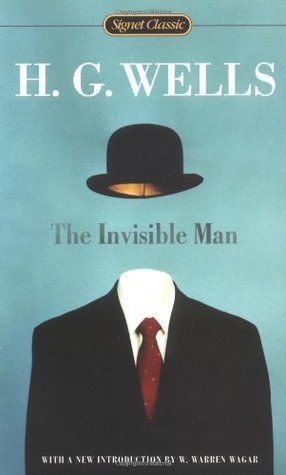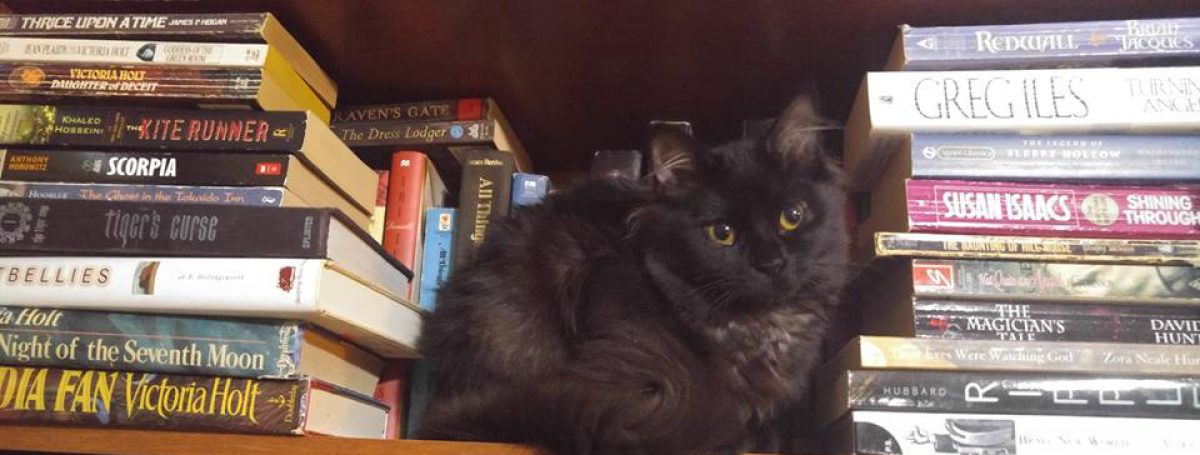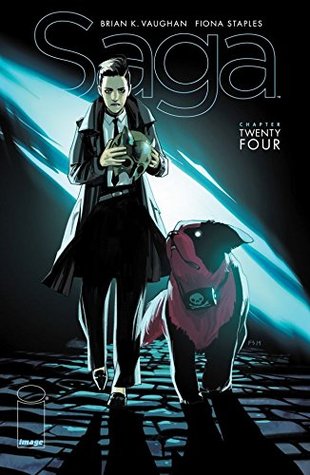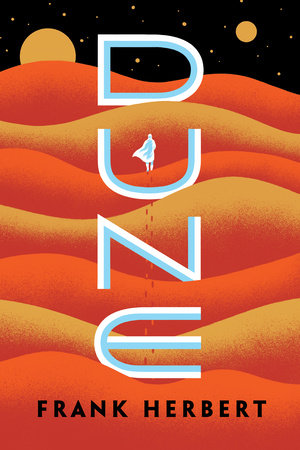 It’s hard to discuss modern science fiction without making some reference to H.G. Wells. Whether its the time paradox that prevents action taken in the past, or if our current weaponry would be effective if aliens invaded, Wells set ground work for the generations that followed. Along with Jules Verne, H.G. Wells is considered one of the fathers of the science fiction genre. Unlike Verne, Wells kept his novels mostly rooted in the mundane, only adding one either supernatural or scientifically advanced element. H.G. Wells had education in several physical sciences, with his earliest being biology, which certainly helped with this particular novel.
It’s hard to discuss modern science fiction without making some reference to H.G. Wells. Whether its the time paradox that prevents action taken in the past, or if our current weaponry would be effective if aliens invaded, Wells set ground work for the generations that followed. Along with Jules Verne, H.G. Wells is considered one of the fathers of the science fiction genre. Unlike Verne, Wells kept his novels mostly rooted in the mundane, only adding one either supernatural or scientifically advanced element. H.G. Wells had education in several physical sciences, with his earliest being biology, which certainly helped with this particular novel.
The Invisible Man was originally published serially in the magazine Pearson’s Weekly, and was published as a novel in 1897. This puts it between the Island of Doctor Moreau and War of the Worlds in the bibliography timeline, and one of Wells’ earliest works (even including the nonfiction he also wrote). Like several other early science fiction novels, The Invisible Man was recirculated in magazines for decades after its initial publication. It was also made into numerous films and tv series, or influenced characters and ideas. (For example, this was probably one of the few times League of Extraordinary Gentlemen got it right. Never thought you’d hear me say that, did you?) There was also a English stage play in the 1990s/2010s and like War of the Worlds, it was adapted for a radio broadcast.
Continue reading “Book #905 – The Invisible Man by H.G. Wells”









